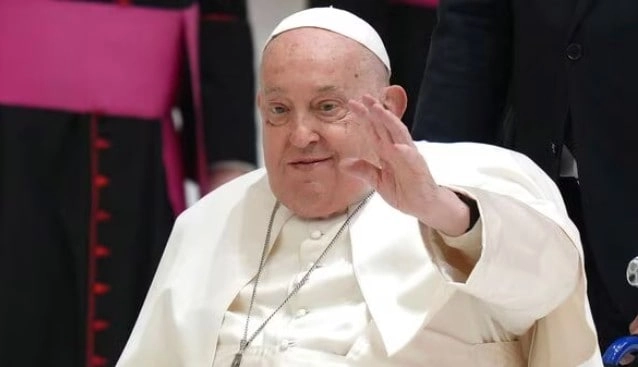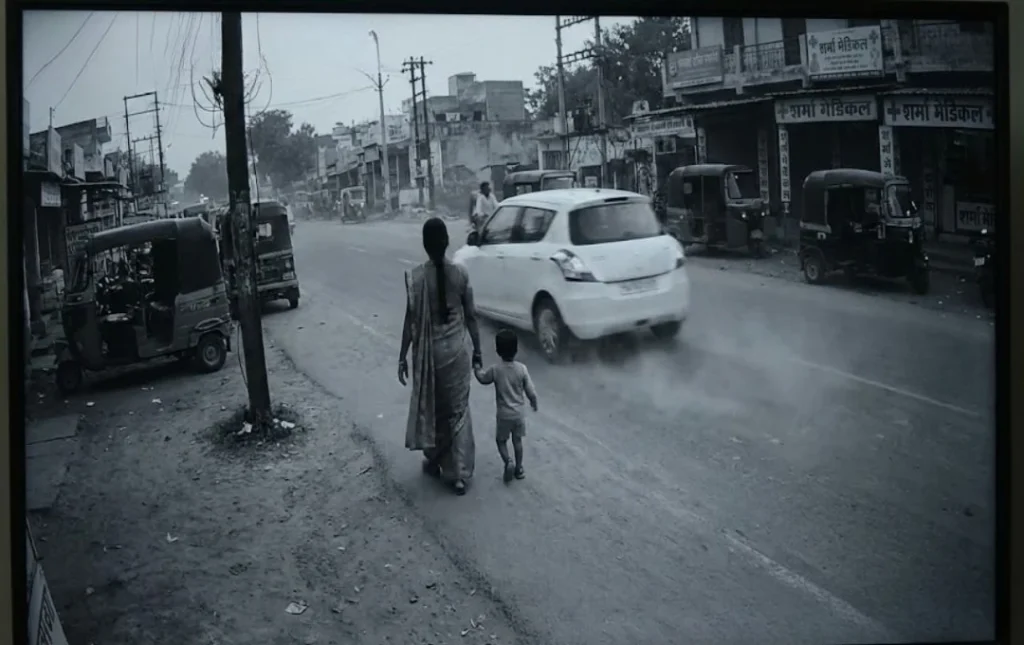Pope Francis, the beloved leader of the Roman Catholic Church, has passed away at the age of 88 on Easter Sunday. His death marks a significant moment in the history of the Church and the wider world, as he was not only a spiritual figurehead but also a symbol of compassion, inclusivity, and social justice. Throughout his papacy, which began in 2013, Pope Francis was known for his progressive views and efforts to address issues such as climate change, poverty, and inequality. His commitment to engaging with diverse communities and promoting interfaith dialogue made him a respected figure beyond the confines of the Catholic Church.
Born Jorge Mario Bergoglio in Buenos Aires, Argentina, Pope Francis was the first pope from the Americas and the first Jesuit pope. His humble beginnings and simple lifestyle resonated with many, as he often emphasized the importance of serving the marginalized and embracing the teachings of Jesus Christ in a contemporary context. He brought a refreshing perspective to the papacy, focusing on mercy and forgiveness, which garnered him both admirers and critics. His encyclicals, such as “Laudato Si’,” which addresses environmental concerns, and “Fratelli Tutti,” which advocates for fraternity and social friendship, highlighted his dedication to pressing global issues.
The timing of his passing on Easter, a day symbolizing resurrection and hope, adds a poignant layer to his legacy. As the world mourns the loss of a pope who sought to bridge divides and promote unity, many reflect on his teachings and the impact he had on millions of lives. His death opens a new chapter for the Catholic Church, prompting discussions about his successor and the future direction of the Church in navigating contemporary challenges. Pope Francis leaves behind a rich legacy that emphasizes love, compassion, and the urgent need for social responsibility, inspiring future generations to continue the work he championed throughout his life.




